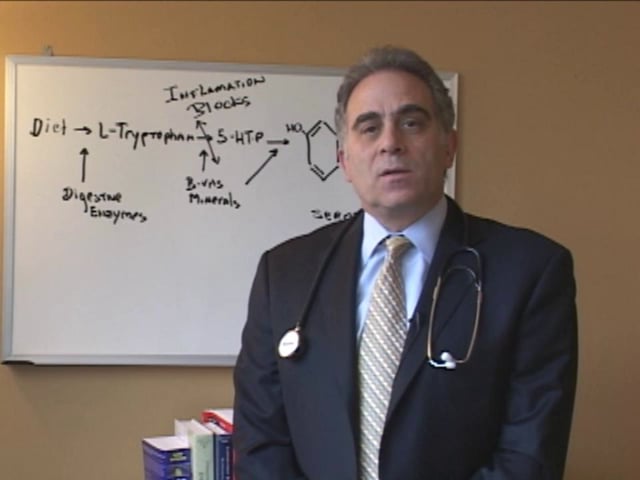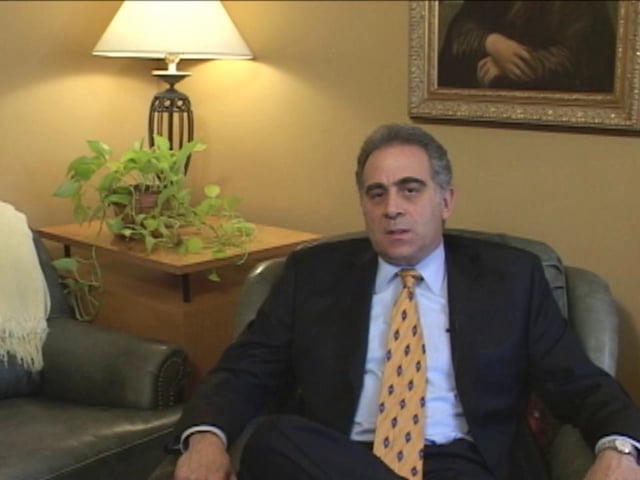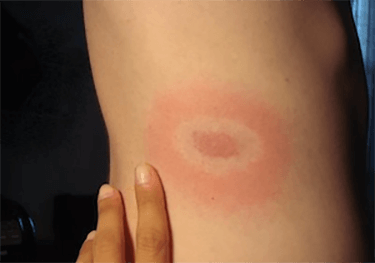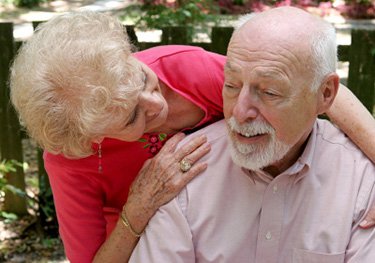Blog
Lying to Your Doctor Has Unitended Consequences
I am a bit naïve. Yes, I am a psychiatrist, a Clinical Professor of Psychiatry, and the founder of the National Center for The Center for Whole Psychiatry + Brain Recovery. Given my experience, I should, you would think, know better. Yet I was in practice for probably 20 or more years before I realized […]
Institute for Functional Medicine
Being on the faculty of the Institute of Functional Medicine is a rewarding part of my professional life. On Sunday, I returned from an intense weeklong meeting with other members of the faculty and leadership of the Institute for Functional Medicine. I’m excited to report that we brought the Functional Medicine Health Matrix (for diagnosis […]
Nutrition and Depression: Nutrition, Detoxification, and Depression, Part 4
Nutrition, Detoxification, and Depression An additional avenue through which nutrition can help mood disorders is via liver detoxification, which can influence mood via the modification of steroid hormone metabolism (e.g., DHEA, testosterone, estrogen, cortisol).Detoxification occurs in two phases: In phase one the CYP 450 enzymes are supported by a variety of nutrients (B2, B3, B6, […]
Lyme Disease
Lyme disease is the result of infection with the spirochete Borrelia Burgdorferi. It is generally thought that the infection is the result of a tick bite, which about 50% of the time results in a rash, often described as a ‘bulls eye’ rash, but which can vary in appearance. Symptoms of untreated Lyme disease typically […]
Memory Matters
Memory loss creates fear in the very core of one’s being because it threatens one’s identity, and raises the specter of losing one’s independence. Forgetfulness can be a signal that dementia is imminent, but it can also be a warning that other problems are present, which untreated, may develop into pseudo-dementia (a false dementia). The […]
Panic Disorders: Part 2
Biological Theory of Panic Disorder (Recurrent Panic Attacks) The prevailing theory of panic disorder states that there are two types of panic attacks, non-phobic spontaneous panic and triggered panic attacks. Nonphobic panic attacks are thought to be the result of abnormal, over- sensitivity of a brain alarm system whose function is to detect early signs of […]










